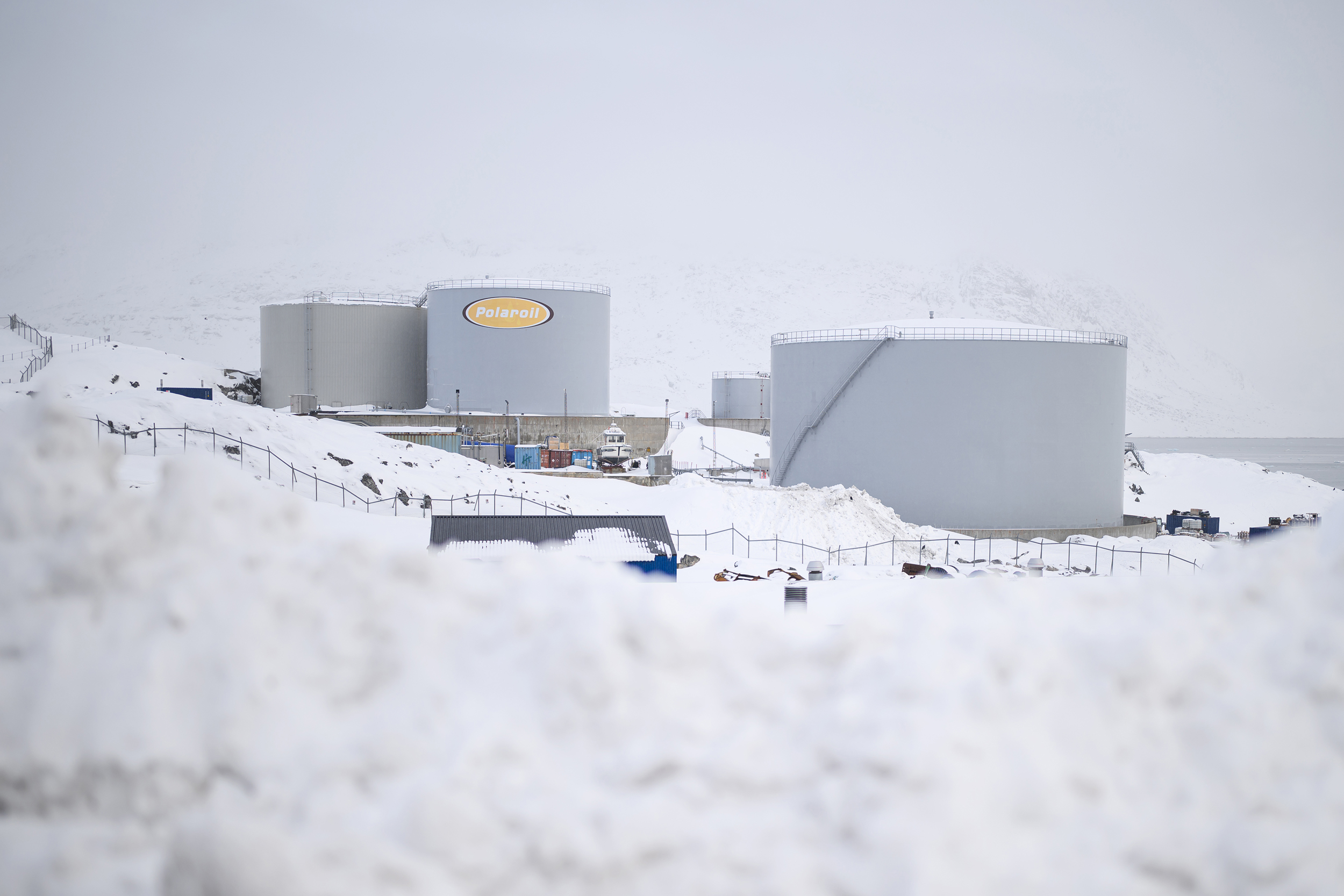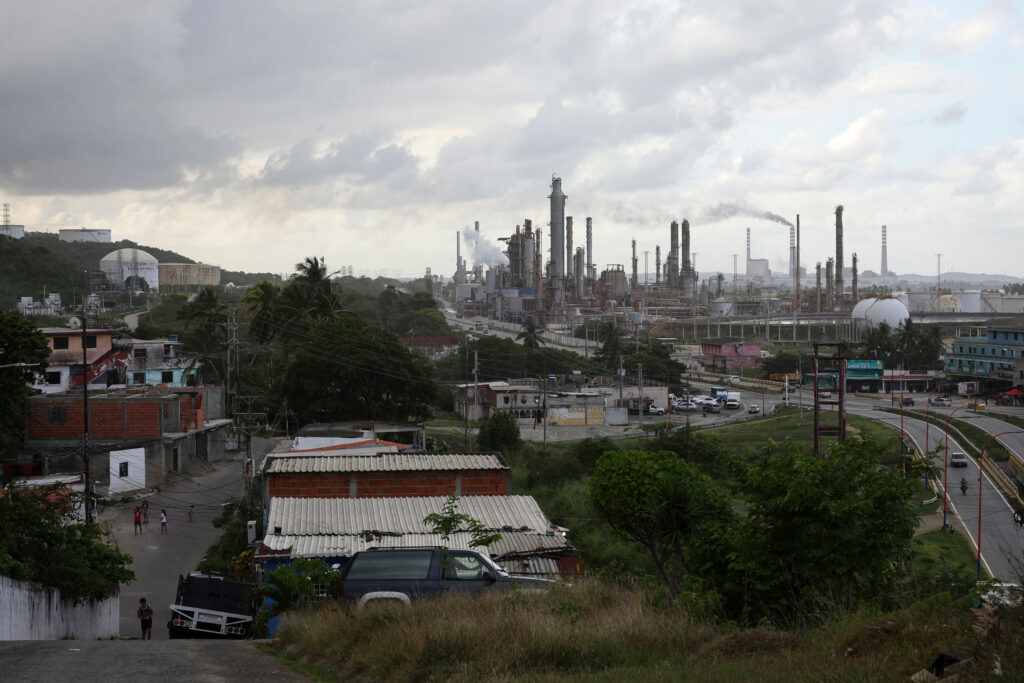The Bureau of Land Management said Wednesday that it will offer up more than 3,500 acres of federal coal reserves to be sold and mined in Wyoming’s Powder River Basin. The auction, set to take place in October, is the latest in a string of sale announcements as the federal government begins to accept new bids to mine coal on public land.
Under the Trump administration, the Department of the Interior has committed to reinvigorating a coal industry long in decline due to more stringent environmental rules, rising mining costs and competition from natural gas and renewable energy.
“This lease sale exemplifies BLM’s vital role in strengthening America’s energy independence and positioning Wyoming for long-term economic opportunities,” Kris Kirby, the Bureau of Land Management’s acting state director in Wyoming, said in a statement. “The BLM is committed to the responsible management of public lands, bolstering domestic energy production while benefiting local communities.”
Under former president Joe Biden, the BLM banned new coal leases in the Powder River Basin, a mineral-rich formation spanning a portion of southeast Montana and northeast Wyoming. Current coal leases in the Powder River Basin are valid for several years, and companies operating there produce the preponderance of U.S. coal.
But under the Trump administration, the BLM has been taking steps to allow new mining—first by revising the resource management plans that had prohibited new leases, then by helping companies expand operations in the area.
The fervor of the administration’s expansion of coal production and combustion doesn’t make sense in terms of climate change, the environment or the economy, said Melissa Hornbein, a senior attorney at the Western Environmental Law Center.
“It’s ludicrous that we’re even having this conversation,” Hornbein said. “Coal is the most polluting form of energy production, both in terms of human health impacts and in terms of environmental impacts through emission of greenhouse gases and their effect on climate change.”
Earlier this month, the Interior Department announced it was going forward with three competitive coal lease sales in Alabama, Montana and Utah. The BLM offered two lease areas beneath private properties in Tuscaloosa County, Alabama, spanning more than 14,000 acres; a lease for 120 acres in Emery County, Utah, near the Skyline Mine, and 1,262 acres in Big Horn County, Montana.
The sale in Montana came from an application by Navajo Transitional Energy Co., the operator of the Spring Creek Mine. The lease sale, if issued, could extend the mine’s life through 2051, according to the Interior Department.
Earlier this month, BLM held a competitive sealed-bid coal lease sale for federal coal reserves at the Freedom Mine in Mercer County, North Dakota. The Coteau Properties Co. applied to lease more than 1,000 acres and was awarded a lease that would allow the mine to operate through 2045. The company paid $106,292 and will pay $3 per acre in rental fees and 7 percent in royalties on coal produced.
The spending bill Trump signed this summer lowered the royalty rate companies pay the federal government—which usually splits the money evenly with the state where the resource is extracted—from 12.5 percent to 7 percent.
Lowering royalty rates on coal from federal reserves while generally deregulating the industry leaves taxpayers with the short end of the stick, Hornbein said.
“The government’s basically saying, ‘Hey, coal companies, come mine. We’re going to charge you less money. And the only ones who are going to lose in this situation are the American people,’” Hornbein said.
Wyoming is a low-tax state and, as a result, it relies on levees paid by extractive industries to fund its hospitals, schools and other public services. The royalty reduction could cost Wyoming as much as $50 million annually, according to one analysis authored by the state.
About This Story
Perhaps you noticed: This story, like all the news we publish, is free to read. That’s because Inside Climate News is a 501c3 nonprofit organization. We do not charge a subscription fee, lock our news behind a paywall, or clutter our website with ads. We make our news on climate and the environment freely available to you and anyone who wants it.
That’s not all. We also share our news for free with scores of other media organizations around the country. Many of them can’t afford to do environmental journalism of their own. We’ve built bureaus from coast to coast to report local stories, collaborate with local newsrooms and co-publish articles so that this vital work is shared as widely as possible.
Two of us launched ICN in 2007. Six years later we earned a Pulitzer Prize for National Reporting, and now we run the oldest and largest dedicated climate newsroom in the nation. We tell the story in all its complexity. We hold polluters accountable. We expose environmental injustice. We debunk misinformation. We scrutinize solutions and inspire action.
Donations from readers like you fund every aspect of what we do. If you don’t already, will you support our ongoing work, our reporting on the biggest crisis facing our planet, and help us reach even more readers in more places?
Please take a moment to make a tax-deductible donation. Every one of them makes a difference.
Thank you,


















